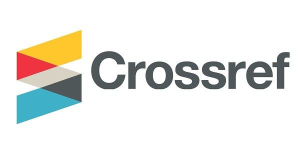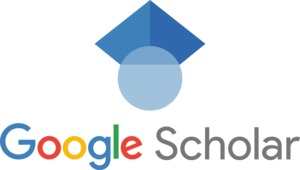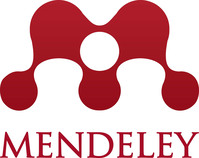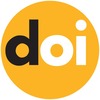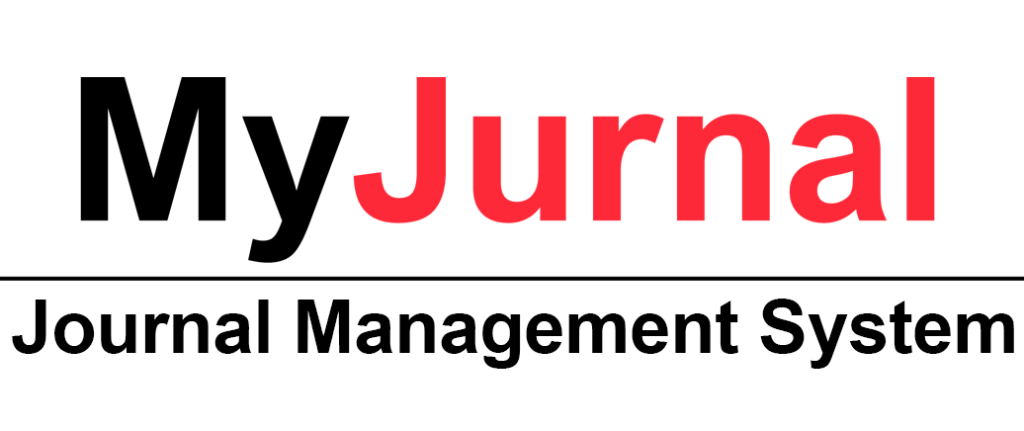The Comparative Effectiveness of Focused and Comprehensive Written Corrective Feedback on Writing Accuracy: A Mixed-Methods Perspective
DOI:
https://doi.org/10.31436/ijes.v12i2.519الكلمات المفتاحية:
Comparative Efficacy of Feedback ، Focus Feedback Methods، Focused Comprehensive WCF، Unfocused WCF، Feedback Scope، Learners' Beliefsالملخص
While research has extensively looked into the impact of written corrective feedback (WCF) on EFL/SL learners' writing accuracy, research exploring the comparative effectiveness of focused and comprehensive WCF in enhancing learners' writing accuracy is notably scant. Assessing the comparative efficaciousness of feedback focus is highly important for facilitating error correction for teachers and making it more feasible for learners. This mixed-methods study explored the efficacy of those two methods of WCF on Saudi EFL learners' writing accuracy in their essays. Essays were collected from 18 Foundation Year Health Sciences learners at a B1 proficiency level at the English Language Institute of a public university in Saudi Arabia. A pre-test, post-test, and delayed post-test design employing a repeated-measures MANOVA was used to gauge the impact of the two feedback methods of WCF on learners’ writing accuracy. Additionally, the research investigated learners' beliefs about WCF and their priorities regarding the scope of WCF. Results showed that although focused WCF resulted in lower error means across specific categories and total errors, it did not exhibit significantly higher effectiveness compared to comprehensive WCF. Moreover, the learners unequivocally preferred comprehensive WCF over focused WCF. These findings suggest that the two types of feedback need not be seen as mutually exclusive in terms of their effectiveness. Instead, their efficacy may depend on learner proficiency, error type, and the learners' writing draft in question. Considering these contextual factors, educators can adopt an unbiased, ingenious approach to vary their feedback focus and maximize student learning. Moreover, this study contributes uniquely to research methodology within the feedback domain by combining quantitative and qualitative methods to explore the construct.
المقاييس
التنزيلات
منشور
كيفية الاقتباس
إصدار
القسم
الرخصة
الحقوق الفكرية (c) 2024 IIUM Press, International Islamic University Malaysia

هذا العمل مرخص بموجب Creative Commons Attribution 4.0 International License.
The Journal will own copyright to all published works and have the right of first publication, both in print and online, unless other arrangements are made with the Editors in advance. It is the author`s responsibility to ensure that where copyright materials are included within an article the permission of the copyright holder has been obtained beforehand.






